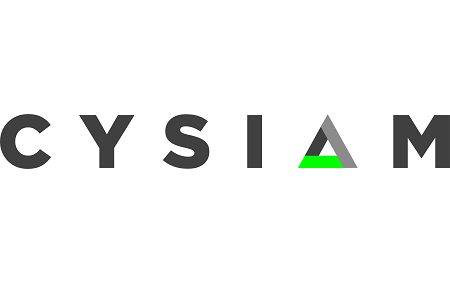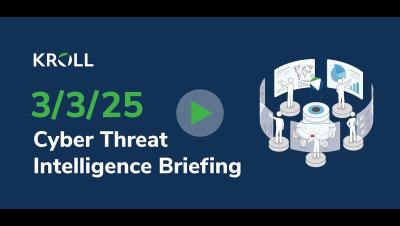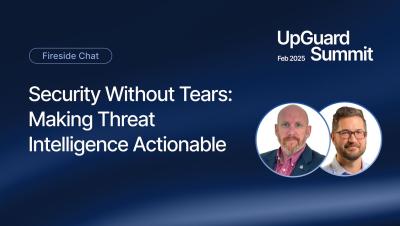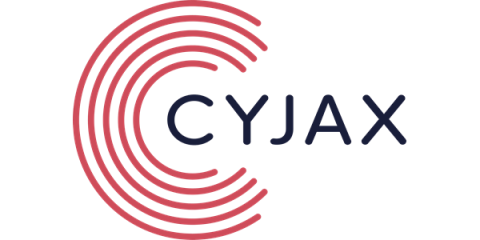CYSIAM Announces Partnership with CrowdStrike to Strengthen Cyber Resilience in the UK Defence Supply Chain
CYSIAM aannounces partnership with CrowdStrike to strengthen cyber resilience across the UK Defence sector supply chain. Through this partnership, CYSIAM will equip defence organisations with advanced protection powered by the CrowdStrike Falcon cybersecurity platform, safeguarding critical national infrastructure and enhancing the nation's defence capabilities.










